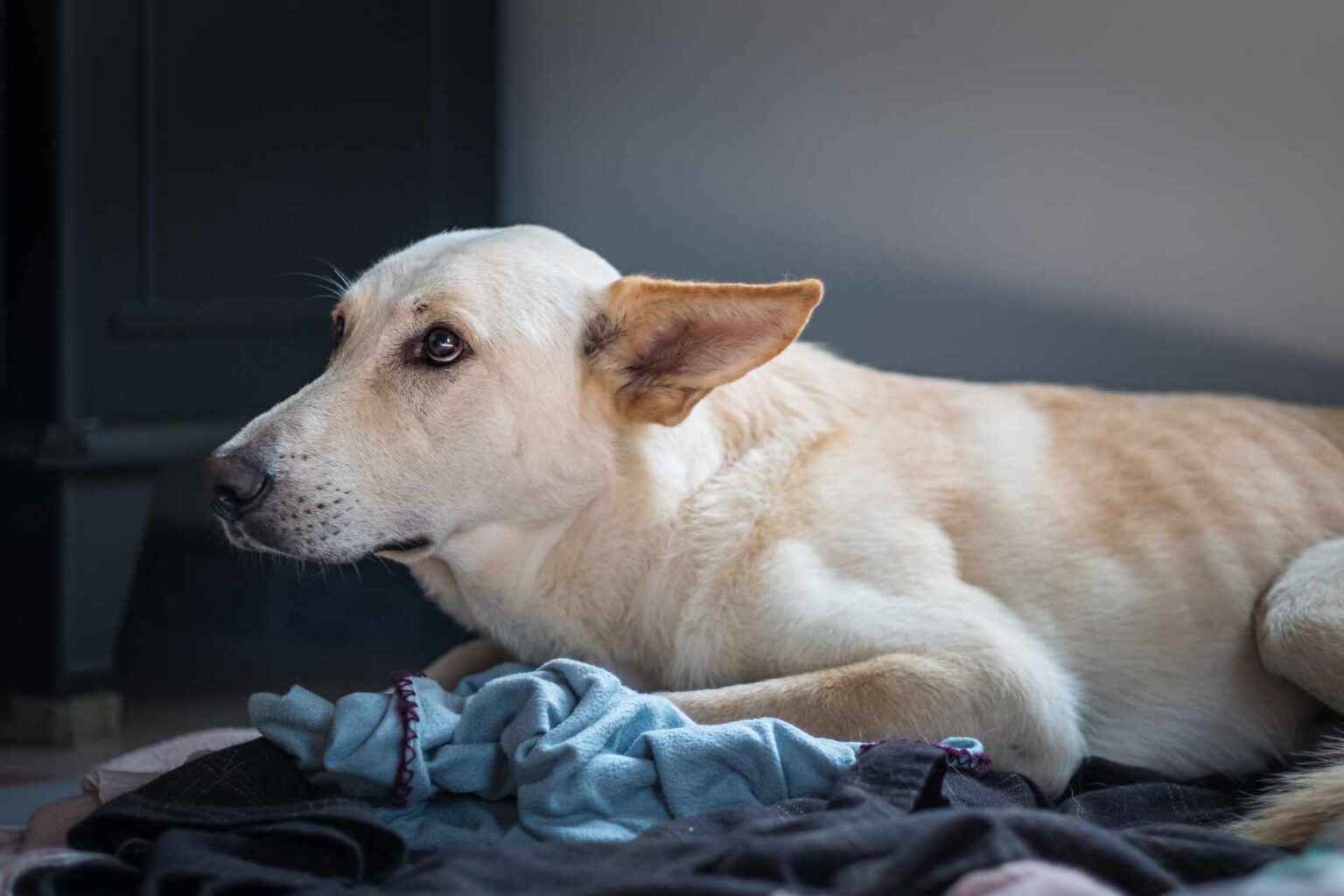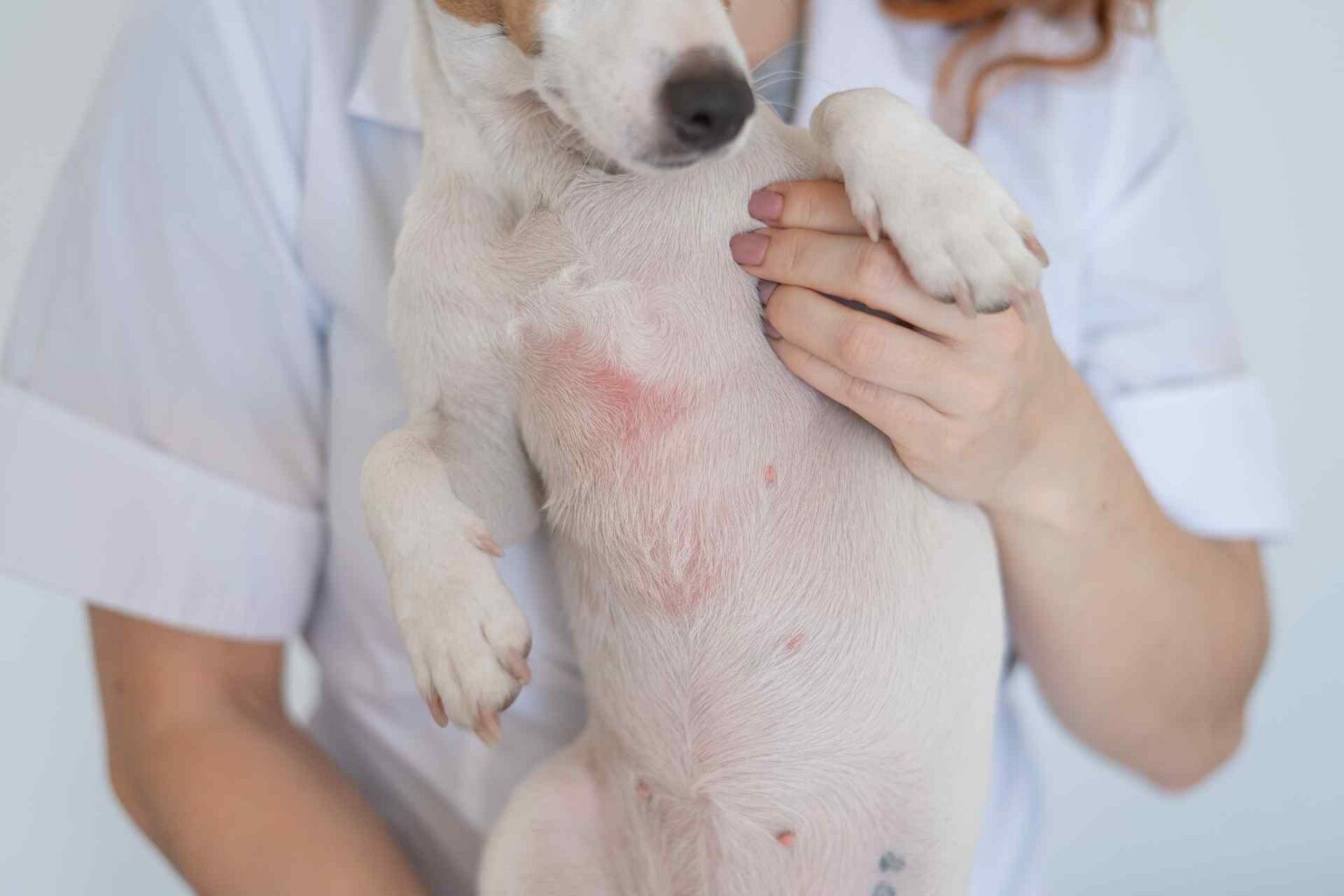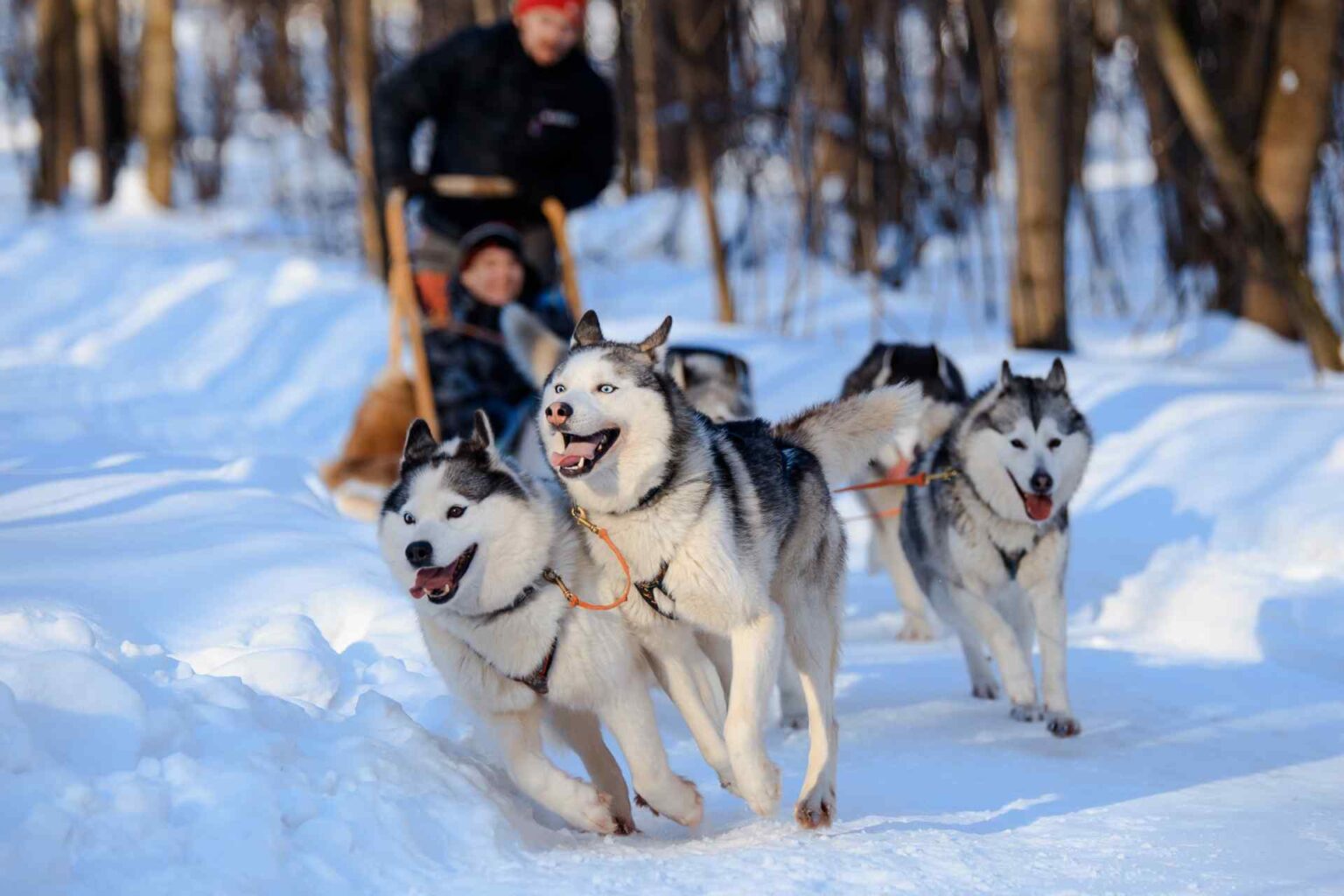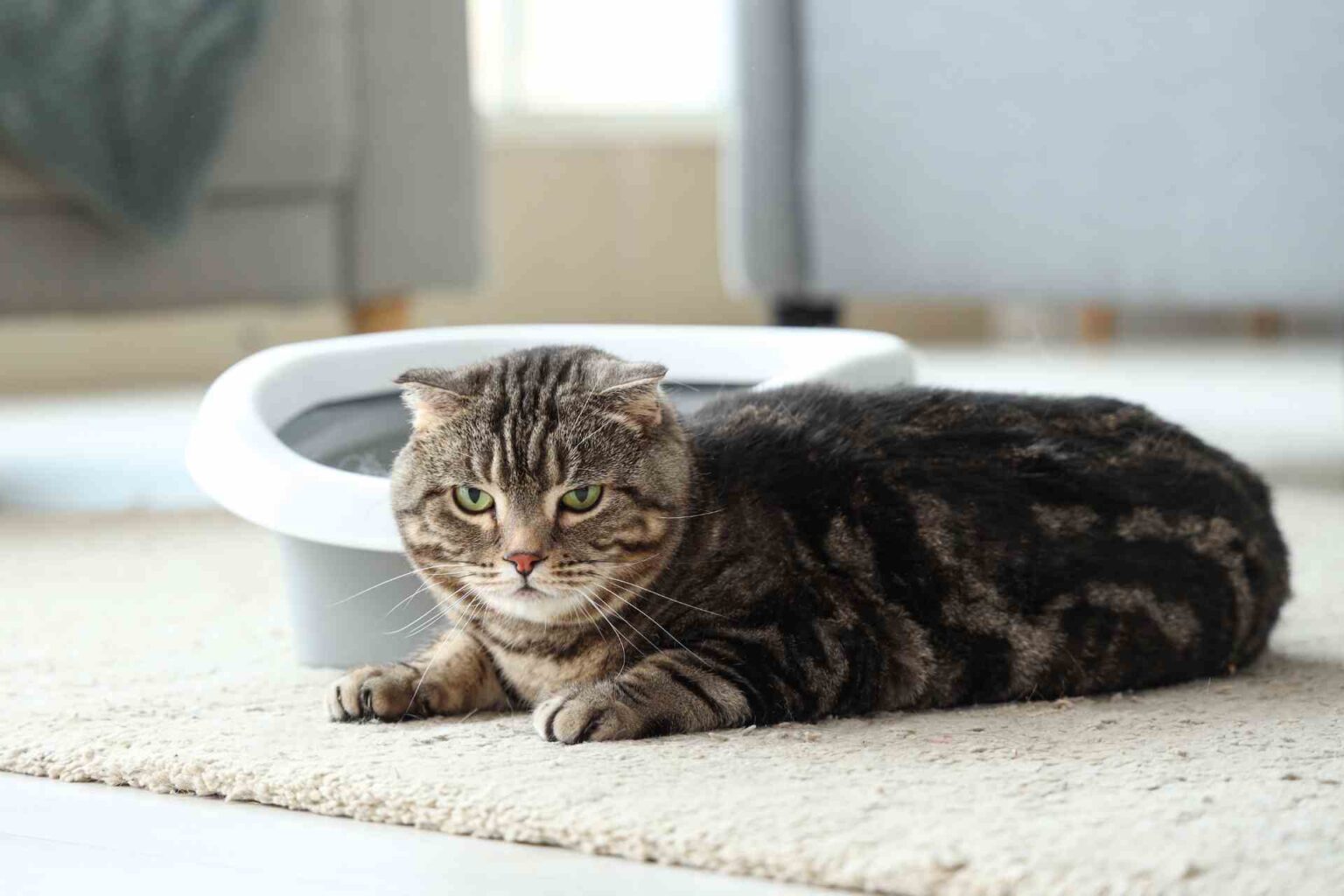Pets are considered members of the family by many owners, by now a particular phenomenon is known in the literature whereby close contact between the pet and its owner can lead to the exchange and communication of the microbiome.
One recent study conducted in the Czech Republic correlated the fungal population of animals living in the home with owners with that of owners and a control group of subjects who do not share the home environment with any pets (non-pre-owner group).
Mycobiota and fungal biodiversity
The intestinal ecosystem is also composed of a fungal component (mycobiota) that can be competitively inhibited by a rapidly growing bacterial component (bacteriobiota). If this balance is disturbed, such as by broad-spectrum antibacterial drugs (ATB), mycobiota proliferates and can cause mycosis.
Monitoring fungal biodiversity, transmission and sharing with humans could highlight the potential risk of outbreaks of infectious mycopathogens, as close contact with pets is now an integral part of most people’s lives. To this end, a contact index (CI) was defined to determine the degree of intimacy between owners and their pets.
The study
In total, 150 pet owners and 135 pets (110 dogs, 18 cats, 4 reptiles, 2 guinea pigs, and a dwarf rabbit) provided 911 samples; 80 non-owners provided 320 samples. All owners completed a questionnaire focusing on the level of contact with the pet and information about previous antibiotic treatment.The results were compared with those of non-owners. The CI was very high (CI > 4) in 131 owners (87.3%).
A total of 110 filamentous fungi (FF) were isolated.
In the year prior to the study, 46 pets, 43 owners and 25 non-owners used antimicrobial agents.
The feedback
Aspergillus niger was the most common mycete in owners and pets, and Alternaria alternata in nonowners.
Degree of intimacy (CI) appeared to have no effect on joint FF abundance, while antibiotic treatment had a significant effect on FF abundance only in nonowners.
This study makes an important contribution to understanding the risks and benefits of owning a pet in terms of sharing FF and maintaining the balance of the microbiome in humans. There appears to be a relatively stable balance between fungal and bacterial microbiota.
As for the main objective of the study, which was to test whether fungal isolates could be transmitted from pets to their owners with increased risk of mycosis, the data obtained suggest how a close owner-pet relationship does not increase the health risk due to mycopathogens or mycoallergens in an immunocompetent healthy individual.
The only exception, to be investigated further, is dermatophytes that cause skin infections, of which pets may be asymptomatic carriers.
In conclusion
According to the findings of this study, sharing life with a pet and developing a close relationship with it can be a Increased stimulation for the owner’s immune system, supported by his psychological well-being, compared with living in a disinfected home with minimal contact with outside microorganisms.
Reference
Reference: Jan Wipler et al. The impact of sharing a home with a pet on the physiological state of the human microbiome: a comprehensive study on the Czech population with a focus on filamentous fungi. ACTA VET. BRNO 2023, 92: 157-170; https://doi.org/10.2754/avb202392020157.











